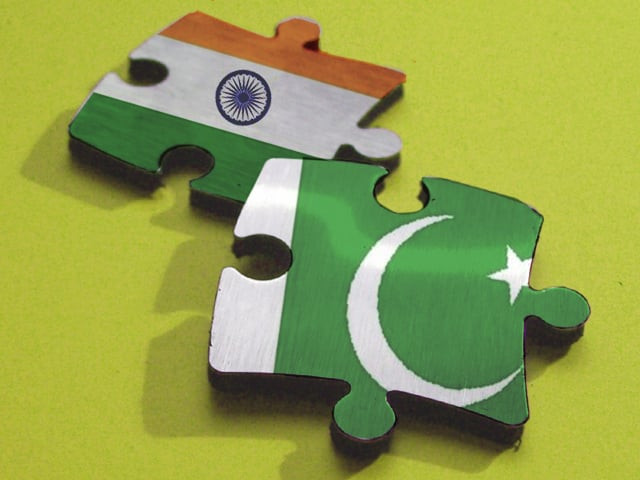Of biased versions: 'We have history departments and teachers but no historians'
Historian Dr Mubarak Ali says our history is written solely from the viewpoint of aristocratic rulers

Historian and scholar Dr Mubarak Ali shared this belief, as he attempted to trace back the impact of history writing in the sub-continent, especially post-partition, in a lecture organised by the Sindh Institute of Urology and Transplantation (SIUT) on Saturday. Journalist Sayeed Hasan Khan and SIUT director Prof Adibul Hasan Rizvi were also present at the occasion.
"Universities in Pakistan have separate history departments as well as history teachers, but what they do not possess and encourage are historians," said Dr Ali. "Perhaps we are afraid of the history that has not been dictated by politics or personal ideologies of those who happened to reign supreme."
Beginning from the early 1970s, when anti-India feelings were exploited in Pakistan for political gains after the 1965 and 1971 wars, to an extended period of more than a decade, history was particularly rewritten to suit a particular view, said Dr Ali. "In an effort to keep the two-nation theory alive, textbooks were specially transformed in order to point out differences between the Hindus and the Muslims in every aspect of life."
Earlier, in the colonial period, added Dr Ali, when power was centred with the foreign masters, the 'official' historians could not do better than eulogising the rulers while completely overlooking the people and their problems.
"These historians, writing from the colonial point of view, compartmentalised the Indian history on the basis of religion, dividing it between the Hindu and the Muslim periods," said Dr Ali, adding that the British period was, however, not characterised as Christian, giving this implicit message that the Britain, as a secular power, would preserve peace and prevent religious conflict between the Hindus and the Muslims.
After the independence of India and Pakistan in 1947, the question of history was not as elusive in India as it became in the nascent Pakistani state. "The problem that Pakistan faced after separation from India was of a separate identity for the new state because the seeds of hatred that had been sown did not allow Muslims to connect back to the ancient Indian civilisation," he said. "The question of where should we begin our history, either from 1947 or from 711 when Muhammad bin Qasim invaded Sindh to defeat Raja Dahir, has yet to be resolved."
Dr Ali believed, however, that Pakistan's relationship with the ancient Indian civilisation could not be avoided for the fact that people on both sides of the border share similar roots despite the partition. "This will be a step forward towards building a correct historical consciousness because our ancestors did not belong to Samarqand and Bukhara or even Jeddah and Riyadh."



















COMMENTS
Comments are moderated and generally will be posted if they are on-topic and not abusive.
For more information, please see our Comments FAQ